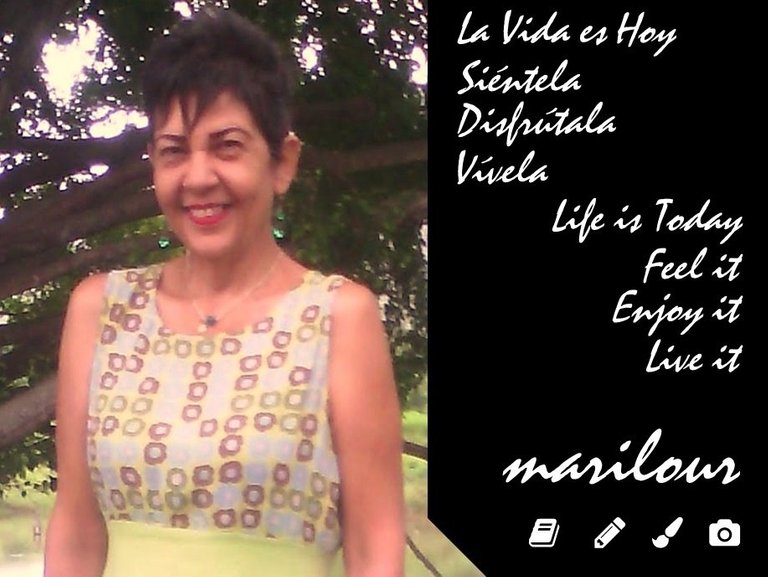Español
Investigación y praxis educativa
 Fuente / Source
Fuente / SourceLa investigación en el ejercicio educativo ha evolucionado en sintonía con los momentos históricos de la ciencia. Si nos referimos, por ejemplo, al período de la modernidad, ésta se concibió como un modelo absolutista, soportado por un accionar estricto y exclusivamente instrumental. A pesar de ello, este modelo obsolescente persiste hoy en algunas instituciones educativas.
Nos movemos en la celeridad e inquietud, día a día, irrumpen y emergen nuevas visiones epistémicas para la actividad investigativa, expresando y develando el dinamismo en el que asiduamente transita la realidad, desde lo cotidiano, complejo, común y humano.
Lo que es innegable e incuestionable es la presencia de la complejidad inmersa en la naturaleza de la investigación y, sobre todo, en los fenómenos y en el hecho educativo mismo. Han sido los cambios trascendentales de la sociedad del conocimiento los que han volcado las actividades y acciones educativas enfocadas al desarrollo del saber, hacia nuevos epistemes en su gnoseología y axiología, dejando de lado los espacios atomizados, con la intención de vislumbrar acciones integradoras, hacia conceptos más amplios.
Si lo ejemplificamos con las actuaciones en el escenario del aula, es un enunciado representativo de dimensiones y expresiones considerables que se interrelacionan en una red de gran complejidad, muy alejada de la consideración de la educación como una simple transferencia de conocimientos del profesor a los estudiantes.
La investigación sobre los fenómenos educativos ha ido floreciendo en oportunidades y alternativas, como opciones de interacción con el propósito de estudio, dando lugar a un pluralismo de métodos, permitiendo así la coexistencia de diversos enfoques. En su génesis, estos enfoques son representativos en sus postulados, lenguajes y formas de comprensión, así como en sus alcances y limitaciones, al abordar el fenómeno de interés de estudio.
Tengo una posición amplia entre los diferentes enfoques. Como investigadora, me muevo en diferentes aguas metódicas, de naturaleza cualitativa y/o cuantitativa, y hay realidades que, para ser abordadas e investigadas, requieren de la conjunción, complementariedad o integración de varios enfoques o paradigmas epistémicos, sin generar dicotomía o conflicto entre ellos. Por el contrario, genera un acercamiento a una ciencia accesible en una realidad abierta, sin espacios estancos ni barreras.
La investigación siempre será el hilo conductor de la práctica educativa. Nuestra sociedad actual de intercambios acelerados, demanda y exige que las instituciones educativas, en todos sus niveles, estén a la vanguardia de modelos educativos sustentados en trasfondos paradigmáticos, que den sentido y soporte a la acción educativa, donde la producción generada en conocimientos, se vincule y relacione con la realidad del entorno.
Transitamos un dinamismo sin precedentes, con emergencia de diversas formas de ver, sentir y vivir el mundo, en correlativo, otras maneras de concebir y explorar la realidad. Es la educación la que está obligada a dar respuesta a las exigencias que la humanidad le impone y construir saberes, generando ciencia al alcance de todos.
Hasta otra ocasión en la que recorreremos los paisajes multidimensionales del constructo educativo.

English
Research and educational praxis

Research in education has evolved in tune with the historical moments of science. If we refer, for example, to the period of modernity, it was conceived as an absolutist model, supported by a strict and exclusively instrumental action. In spite of this, this obsolescent model persists today in some educational institutions.
We move in speed and restlessness, day by day, new epistemic visions burst and emerge for the research activity, expressing and revealing the dynamism in which reality assiduously transits, from the daily, complex, common, and human.
What is undeniable and unquestionable is the presence of complexity immersed in the nature of research and, above all, in the phenomena and the educational fact itself. It has been the transcendental changes of the knowledge society that have turned the educational activities and actions focused on the development of knowledge towards new epistemes in their gnoseology and axiology, leaving aside the atomized spaces, with the intention of glimpsing integrative actions, towards broader concepts.
If we exemplify it with the actions in the classroom scenario, it is a representative statement of considerable dimensions and expressions that interrelate in a network of great complexity, very far from the consideration of education as a simple transfer of knowledge from the teacher to the students.
Research on educational phenomena has been flourishing in opportunities and alternatives, as options for interaction with the purpose of study, giving rise to a pluralism of methods, thus allowing the coexistence of diverse approaches. In their genesis, these approaches are representative in their postulates, languages, and forms of understanding, as well as in their scope and limitations, when approaching the phenomenon of interest of study.
I have a broad position among the different approaches. As a researcher, I move through different methodical waters, of qualitative and/or quantitative nature, and there are realities that, to be approached and investigated, require the conjunction, complementarity, or integration of several epistemic approaches or paradigms, without generating dichotomy or conflict between them. On the contrary, it generates an approach to an accessible science in an open reality, without watertight spaces or barriers.
Research will always be the guiding thread for educational practice. Our current society of accelerated exchanges, demands, and clamors that educational institutions at all levels are at the forefront of educational models based on paradigmatic backgrounds that give meaning and support to educational action, where the production generated in knowledge, links and relates to the reality of the environment.
We are going through an unprecedented dynamism, where new ways of seeing, feeling, and living the world are emerging, as well as other ways of conceiving and exploring reality. It is education that is obliged to respond to the demands that humanity imposes on it and to build knowledge, generating science within everyone's reach.
Until another time when we will travel through the multidimensional landscapes of the educational construct.

Docente Universitario. Médico Parasitólogo Protozoólogo.
Doctora en Ciencias de la Educación.
10 de Enero de 2024
University Professor. Medical Parasitologist Protozoologist.
Doctor in Educational Sciences.
January 10, 2024







